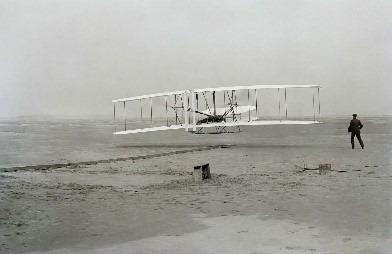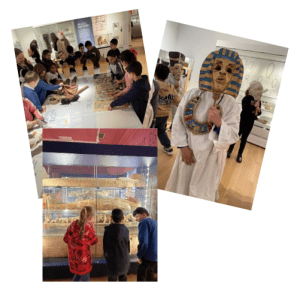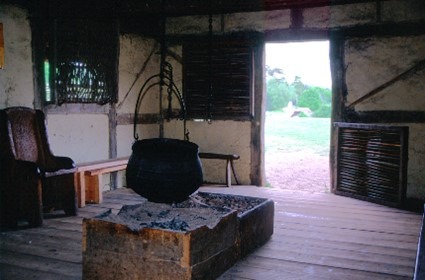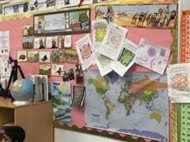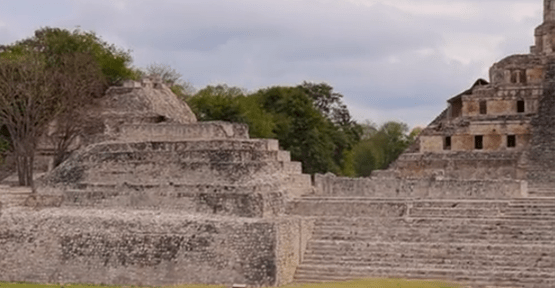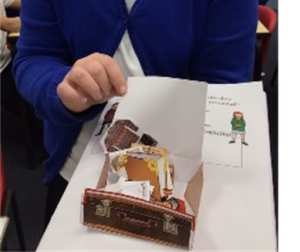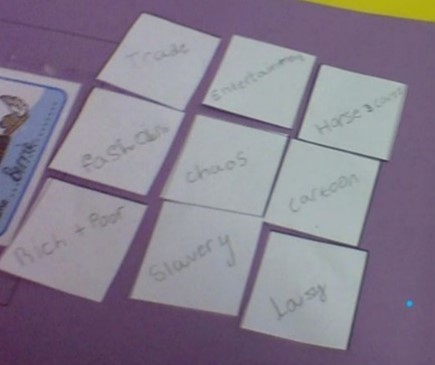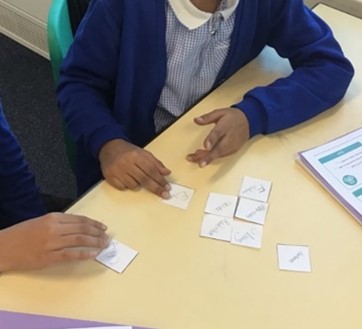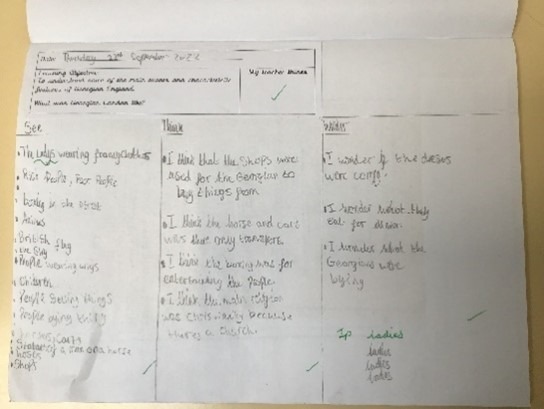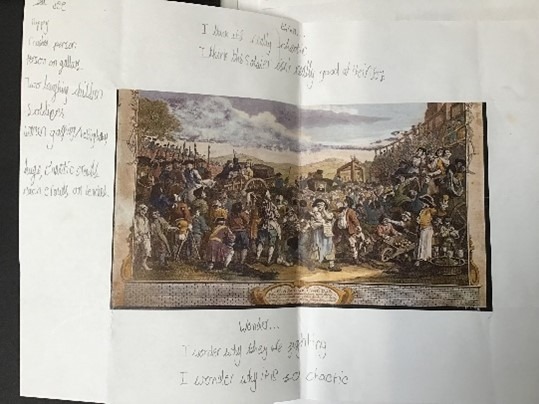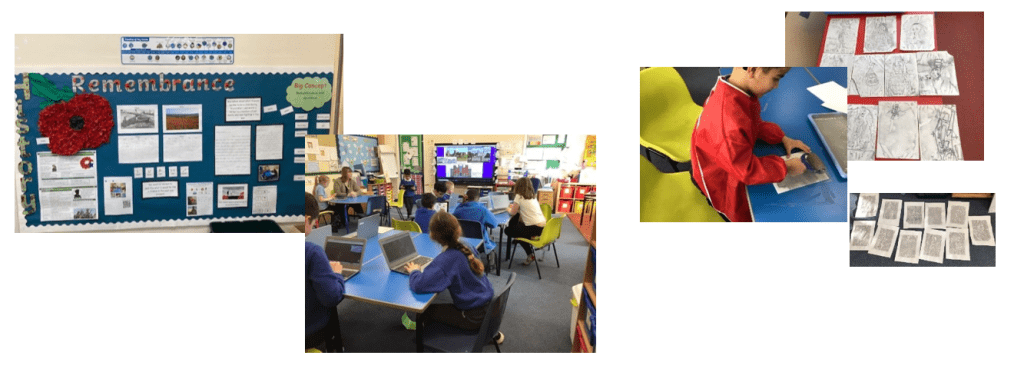The aim of history teaching here at Thurnby Mead Primary Academy is to stimulate the children’s interest and understanding about the life of people who lived in the past. We teach children a sense of chronology and through this, they develop a sense of identity, and develop their cultural understanding based on their historical heritage. Thus, they learn to value and respect their own and other people’s cultures in modern multi-cultural Britain and, by considering how people lived in the past, they are better able to make their own life choices today. In our school, history makes a significant contribution to citizenship education by teaching them about how Britain developed as a democratic society.
We teach children to understand how events in the past have influenced our lives today. We have developed our history curriculum to incorporate links to our local area as well to enable the children to recognize and understand the world around them and embed their learning of History.
History Overview 2024-25
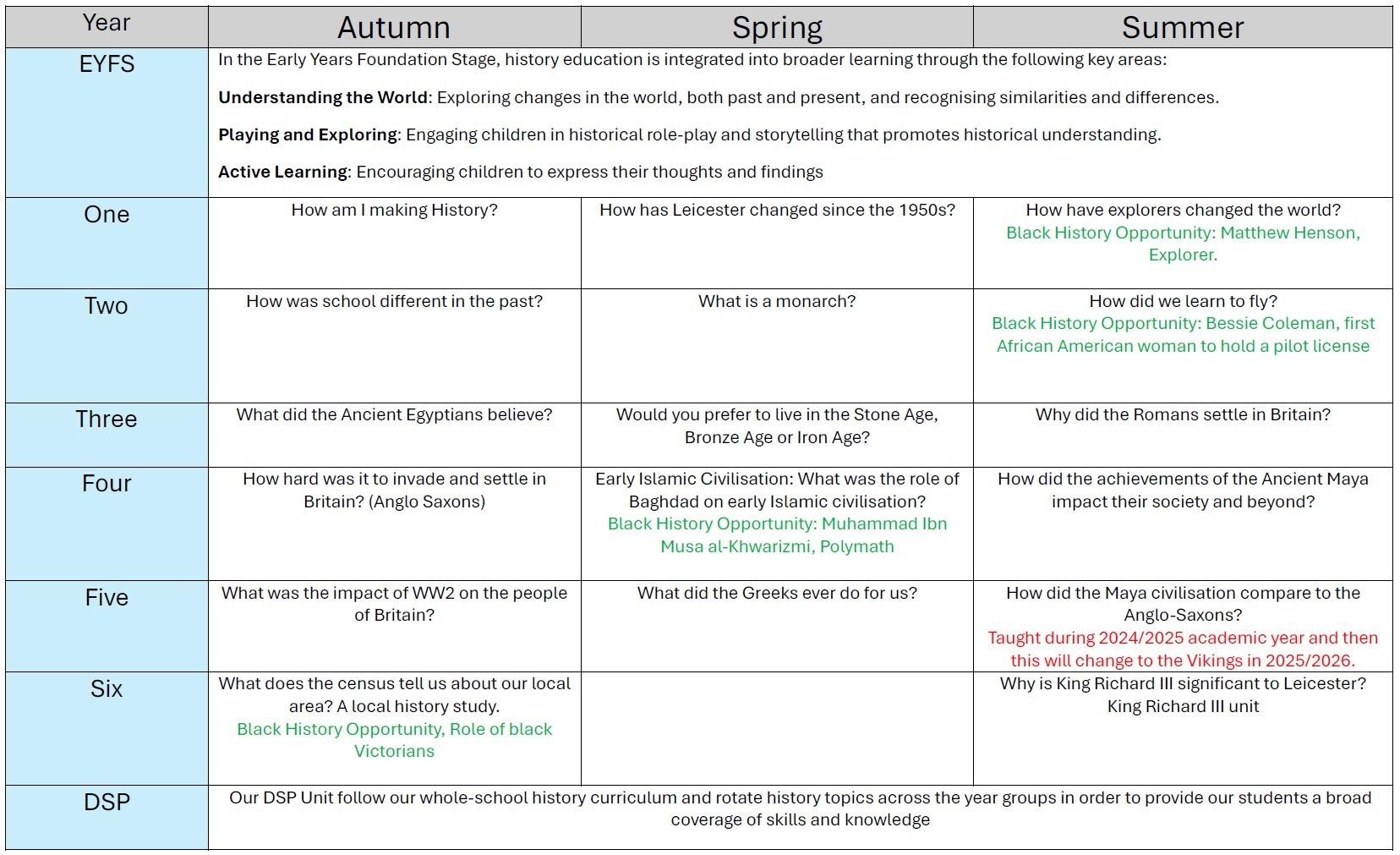
Impact
Subject Policies/Plans
History policy 2024-25
Progression of Knowledge and Skills
Vocabulary Progression
Parents History Curriculum Information
Subject Leader/s
Mrs Wendy Follows
Mrs Georgina Bhalsod







